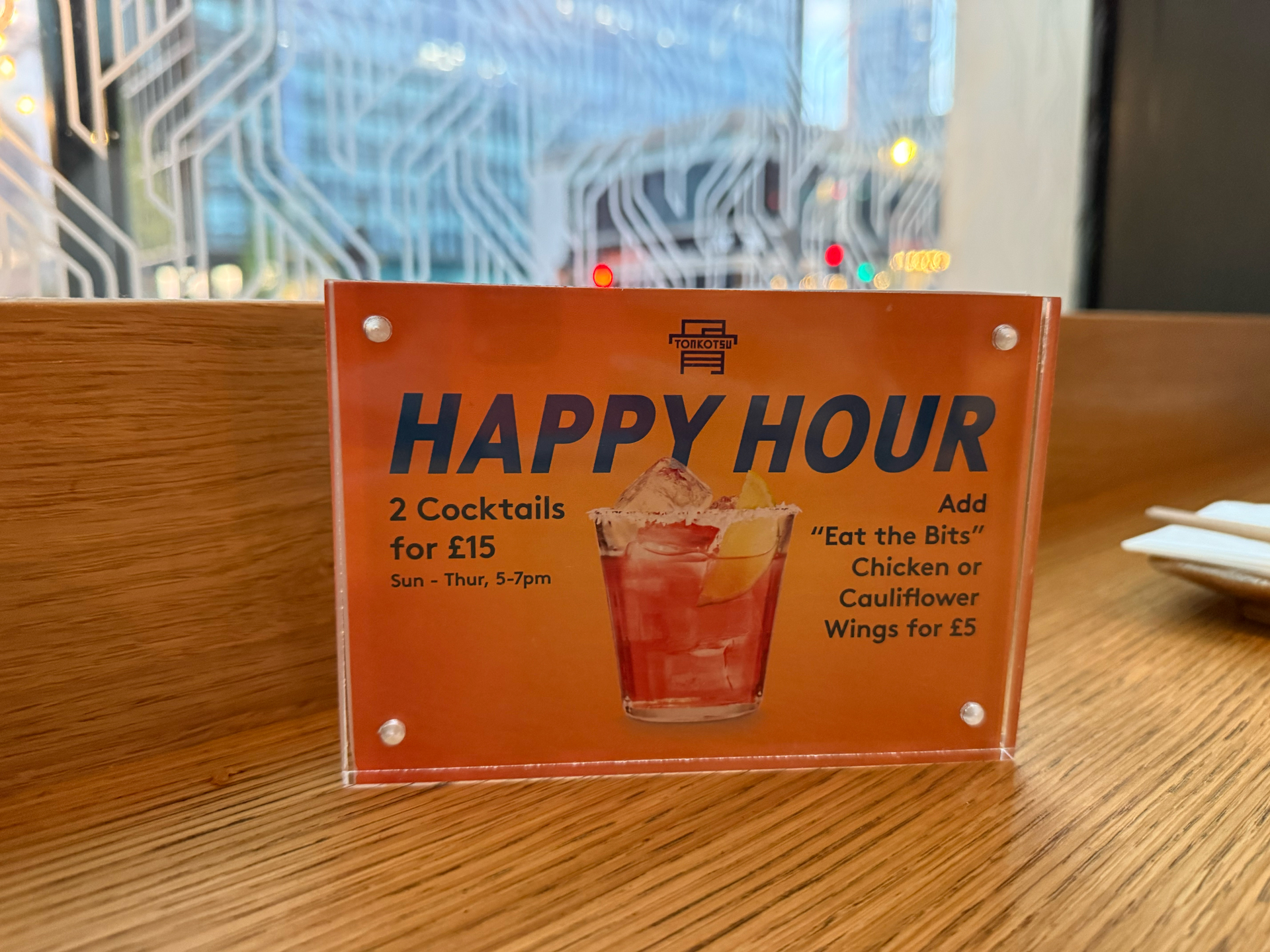Hospitality Insights 2025
Read time: 4 minutes 30 seconds
Insights from Europe’s leading business event for hospitality innovation.
The Hotels & Resorts + Food Service Expo at the Excel Centre in London brought together trailblazers, operators and innovators across the hospitality sector. As Europe’s leading event dedicated to growing and future-proofing hospitality, this year’s expo offered inspiring keynotes, bold ideas and practical strategies for navigating change in a post-pandemic, tech-integrated, experience-driven landscape.
Here’s our round-up of some of the standout talks and themes that emerged:
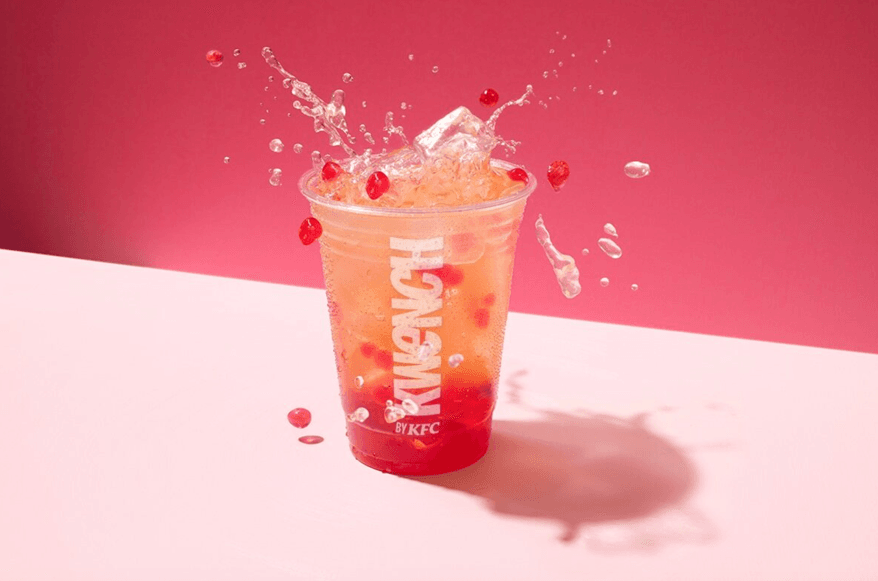
The modernisation of heritage brands
Natalia Baldizzoni & Dave Batchelor | KFC
KFC’s journey of modernisation is rooted in relevance, not just in marketing, but in meaningful actions. Opening one restaurant every three hours, the brand operating at scale faces the unique challenge of evolving while honouring its legacy.
Key takeaways:
- Brand fatigue and cultural disconnect are real risks for legacy brands.
- “Tech-powered, not human-less.” Digital tools should enhance, not replace, the hospitality experience.
- Kwench, a new Gen Z-targeted premium drink offering of KFC is their social media-friendly brand driver: “They come for the drink, stay for the chicken.”
- Saucy by KFC, a new spin-off restaurant concept and talk-worthy flagships aim to elevate dining experiences through touchpoints designed for connection, ease and sustainability.
- Their ethos is that a modern brand is not what it says, but what it does.
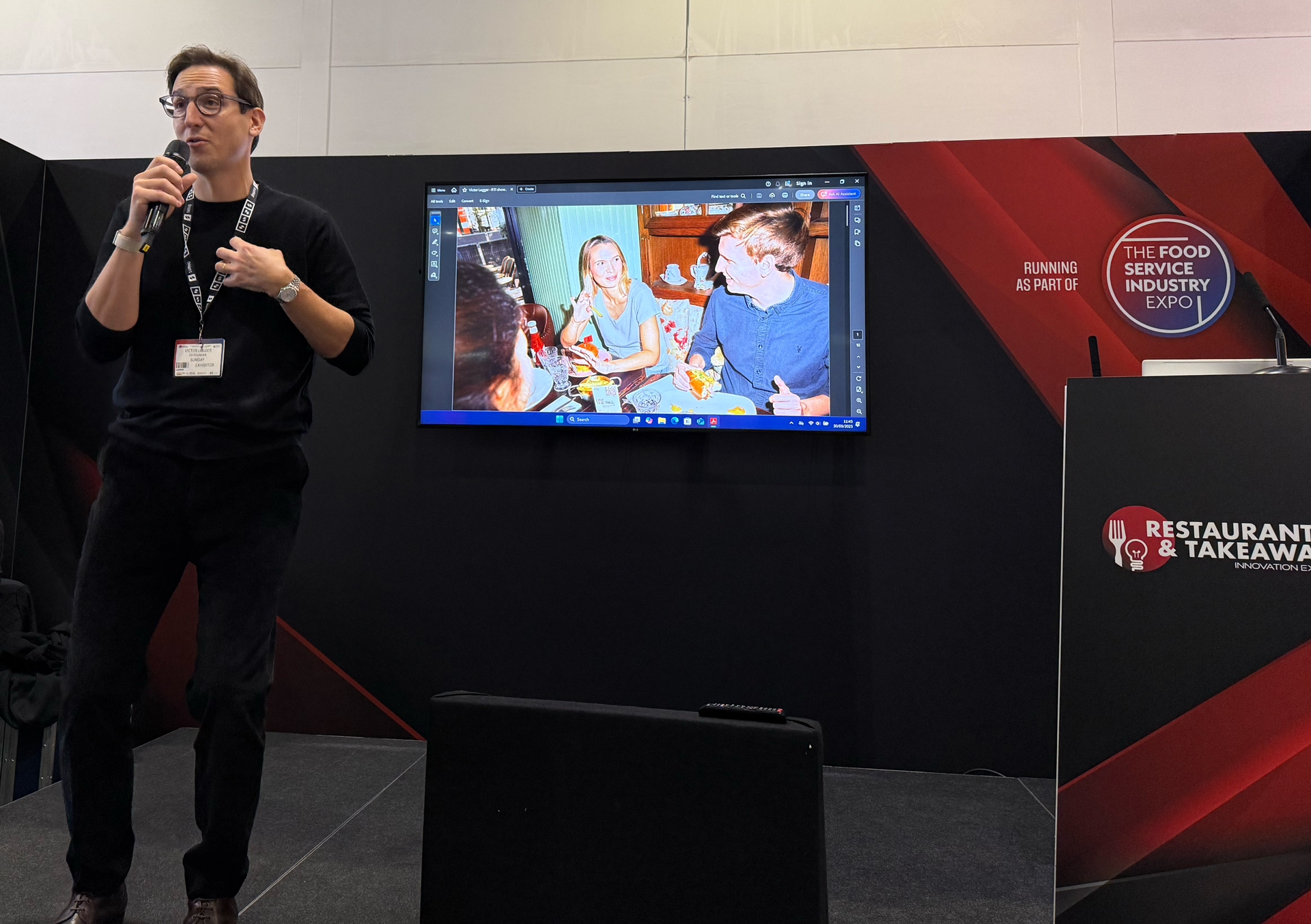
How Tech Will Make Hospitality Better
Victor Lugger | Sunday
Victor offered a candid exploration into how tech, when used correctly, can disappear into the background, resulting in elevated experiences.
Key insights:
- A digital checkout is 16% faster checkout, saving 12.5 minutes. Meaning additional covers.
- Checkout becomes onboarding: Collecting data from all diners (not just the booker) and especially if a split bill is involved, opens up new CRM opportunities.
- Video integrated within digital menus increases sales by 26%.
- Physical menus still matter “Paper helps you participate emotionally.”
- Tech adoption lags with staff, not guests. Frontline buy-in is the genuine hurdle.
- Seventy per cent of guests are already paying via QR code and so seamless tech isn’t optional anymore.
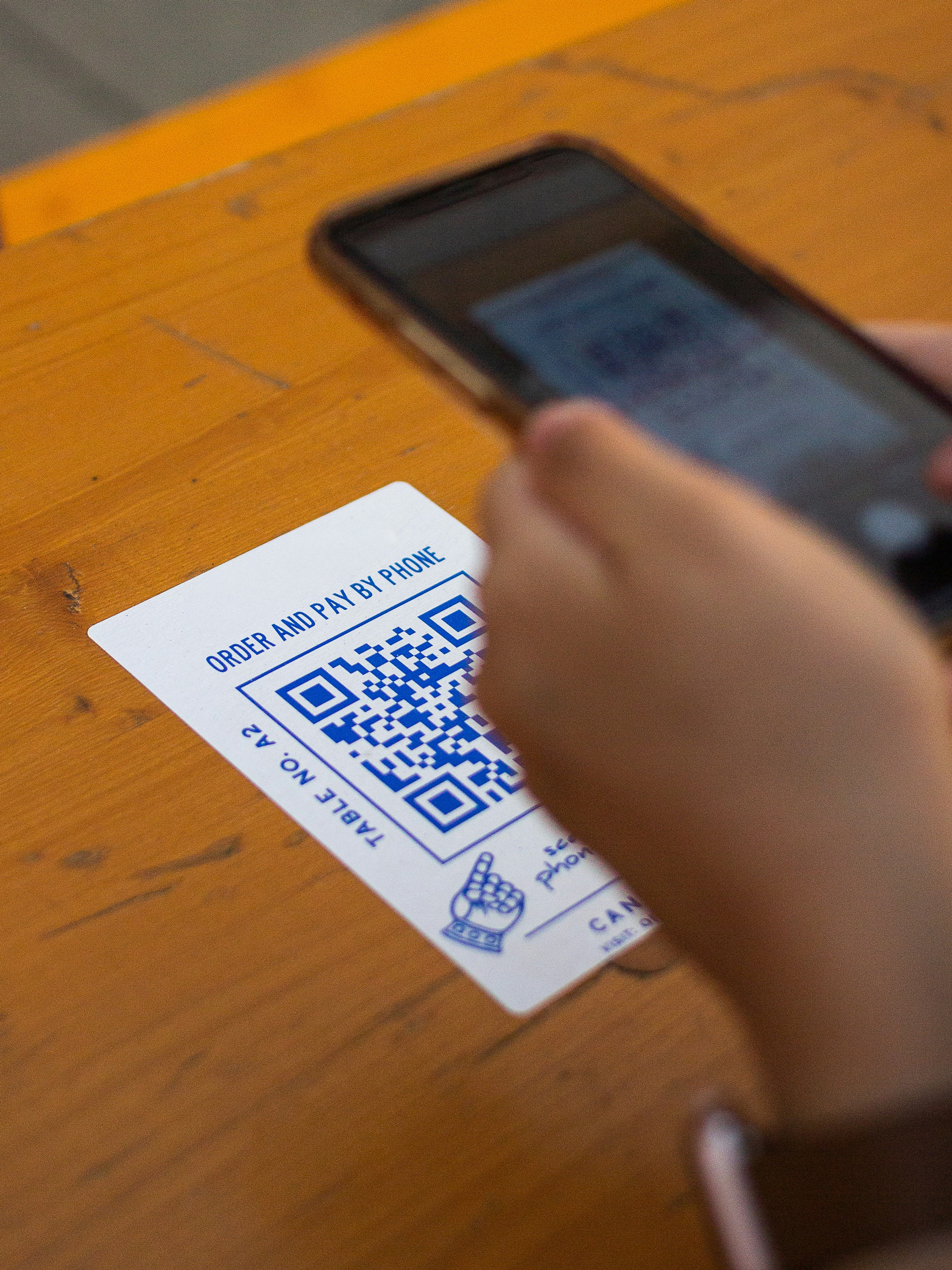
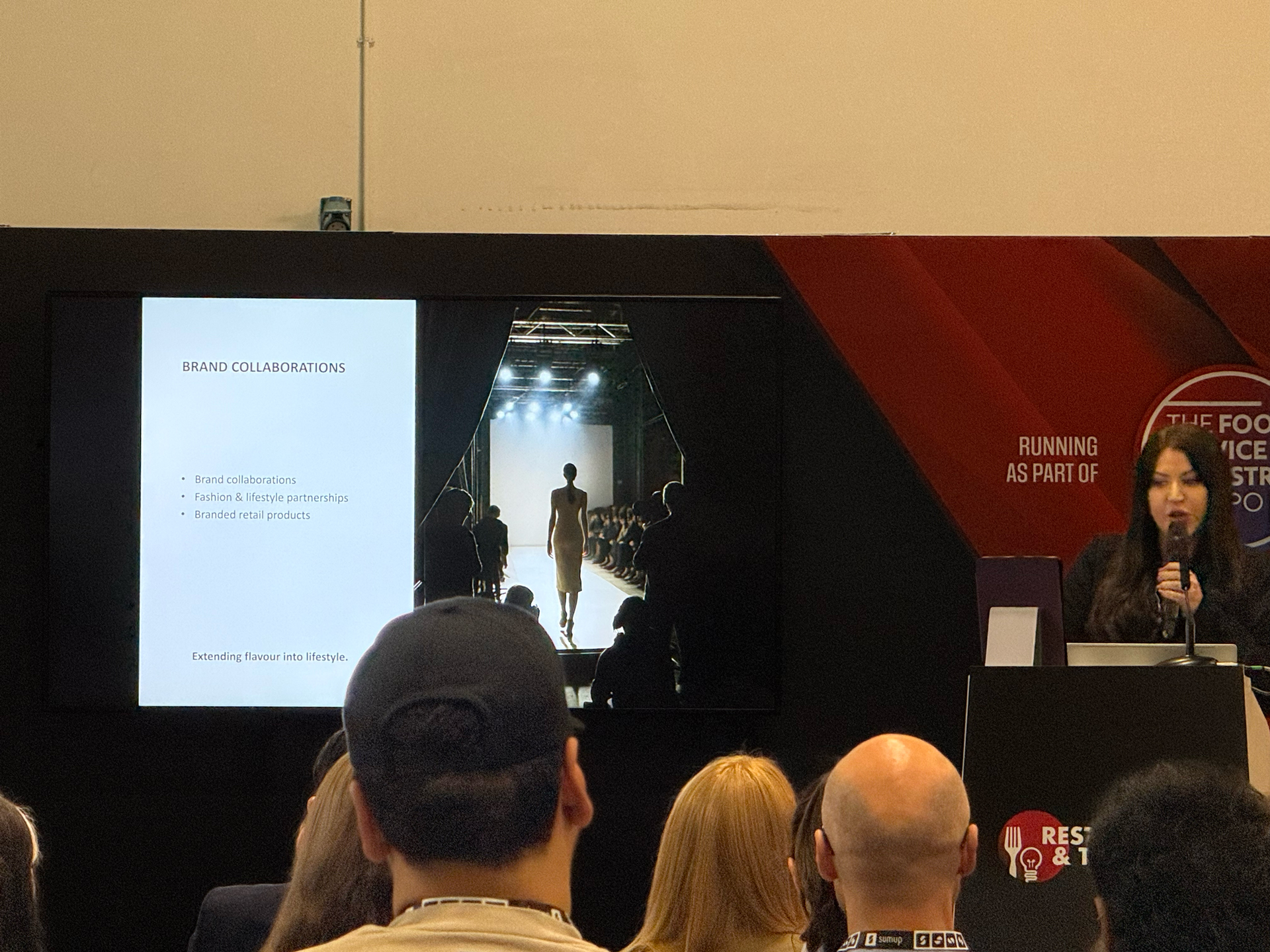
Beyond the Dining Room
Milena Zaborovska | Amazonico
Amazonico sees restaurants not as dining rooms but as lifestyle hubs. Milena discussed how storytelling, design and hyper-local relevance transform dining into immersive experiences.
Our takeaways:
- Unconventional channels of engagement and emotional storytelling define brand identity.
- Brand presentation is as important as flavour.
- Be part of the local community, not just a brand that drops in.
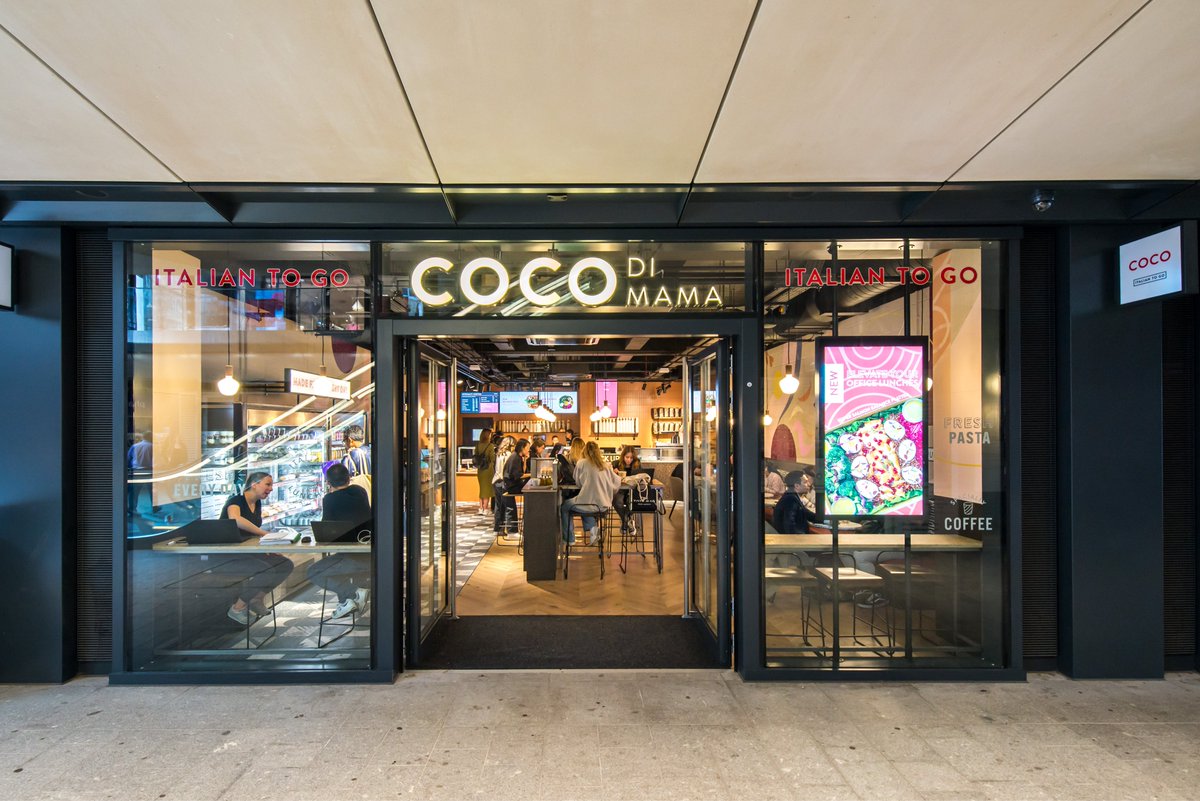
Balancing comfort with convenience
Joe Gilbert Leyh | Coco di Mama
Coco di Mama’s strategy adapts across travel hubs and high streets. With changes to colour palettes, dining environments and even how customers wait during EV charging, they’re shifting brand positioning with consumer context at heart.
Risks associated with dark kitchens and delivery services losing the brand’s soul were also acknowledged and the importance of consistency in the brand experience is crucial.
Crafting Experience-Driven Revenue in Hospitality
Carla Burt | Hue & Cry
Carla delved into how Gen Z and younger audiences value storytelling, options and authenticity in hotel experiences.
Our highlights:
- Hotels must stand for something. Brand identity drives trust.
- Influencer partnerships are non-negotiable in building cultural relevance.
- Luxury today is about storytelling, not just high price tags.
- “Hospitality is human”. Brands that offer flexibility and cultural identity attract their “tribe” and not just guests.
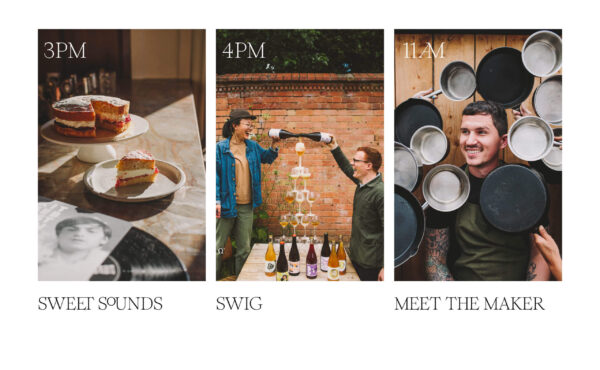
The New Luxury
Fjona Hill | Hampton Manor
At Hampton Manor, luxury is no longer about status; it’s about transformation. Their cooking school and storytelling-led model put guests at the centre.
Our favourite insights:
- “Customers are the hero. You’re the guide.”
- Experiences should reconnect guests with themselves.
- Small moments, like a unique newspaper or even a popsicle hotline (Magic Castle Hotel, Hollywood – check it out on YouTube) can become signature.
- It’s more cost-effective to bring back an existing guest than to acquire a new one.
Fjona emphasised that design experiences with soul are the ones guests share.
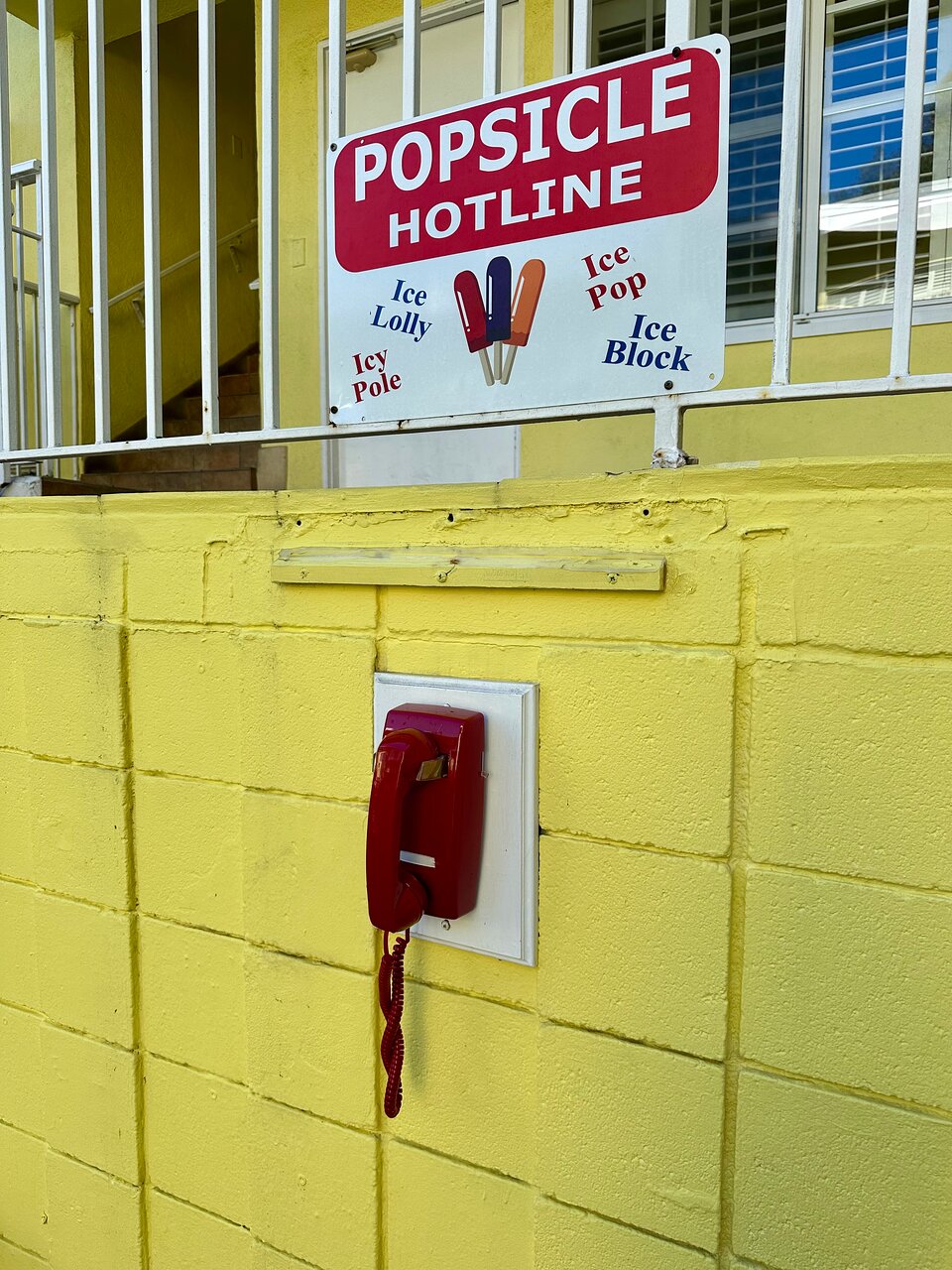
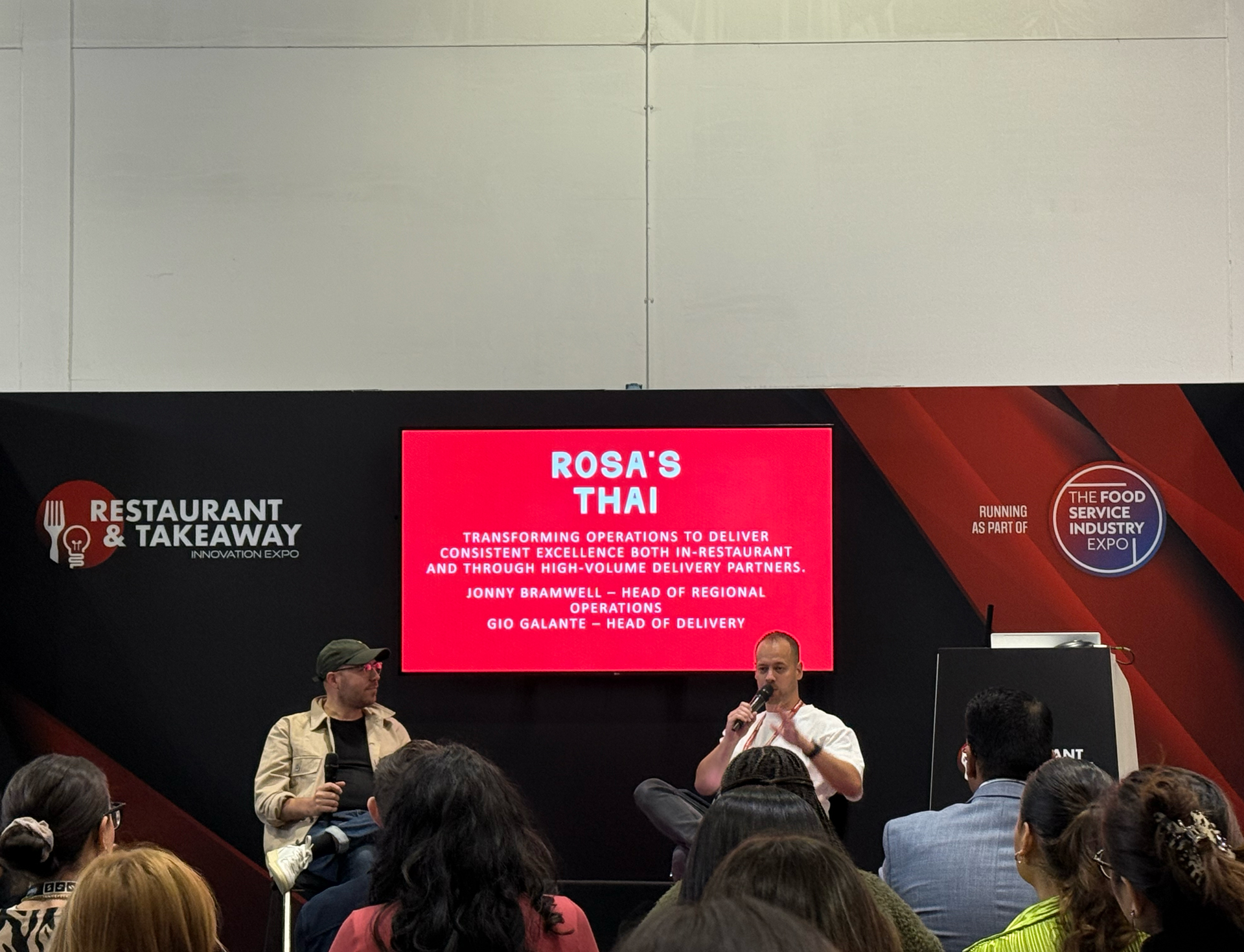
Operational Excellence: Dine-in & Delivery
Jonny Bramwell & Gio Galante | Rosa’s Thai
Focusing on continuous improvement, Rosa’s Thai emphasised operational excellence through internal culture.
Key insights:
- Get buy-in from peers.
- Start with the bottom performers first.
- Clear metrics and peer-led change help scale better practices across teams.
Lifestyle Hospitality of the Future
Olivia Immesi | Native Places
From Ace to Hoxton, Olivia described the rise of culturally relevant hospitality.
Key insights:
- Sustainability is core to futureproofing
- Design, guest experience and community connection must blend.
- Lifestyle is the new luxury
- Aspirational yet accessible spaces win.
Growing Hungry Teams
Thrive Platform for Training and Comms
Getting frontline teams to engage in learning requires rethinking how we communicate.
Key strategies:
- Use in-app comms, not emails — 70% of staff don’t check emails.
- 65% of apprentices stay in the business, if you create a pathway
- Training should support growth across roles, not just in current positions.
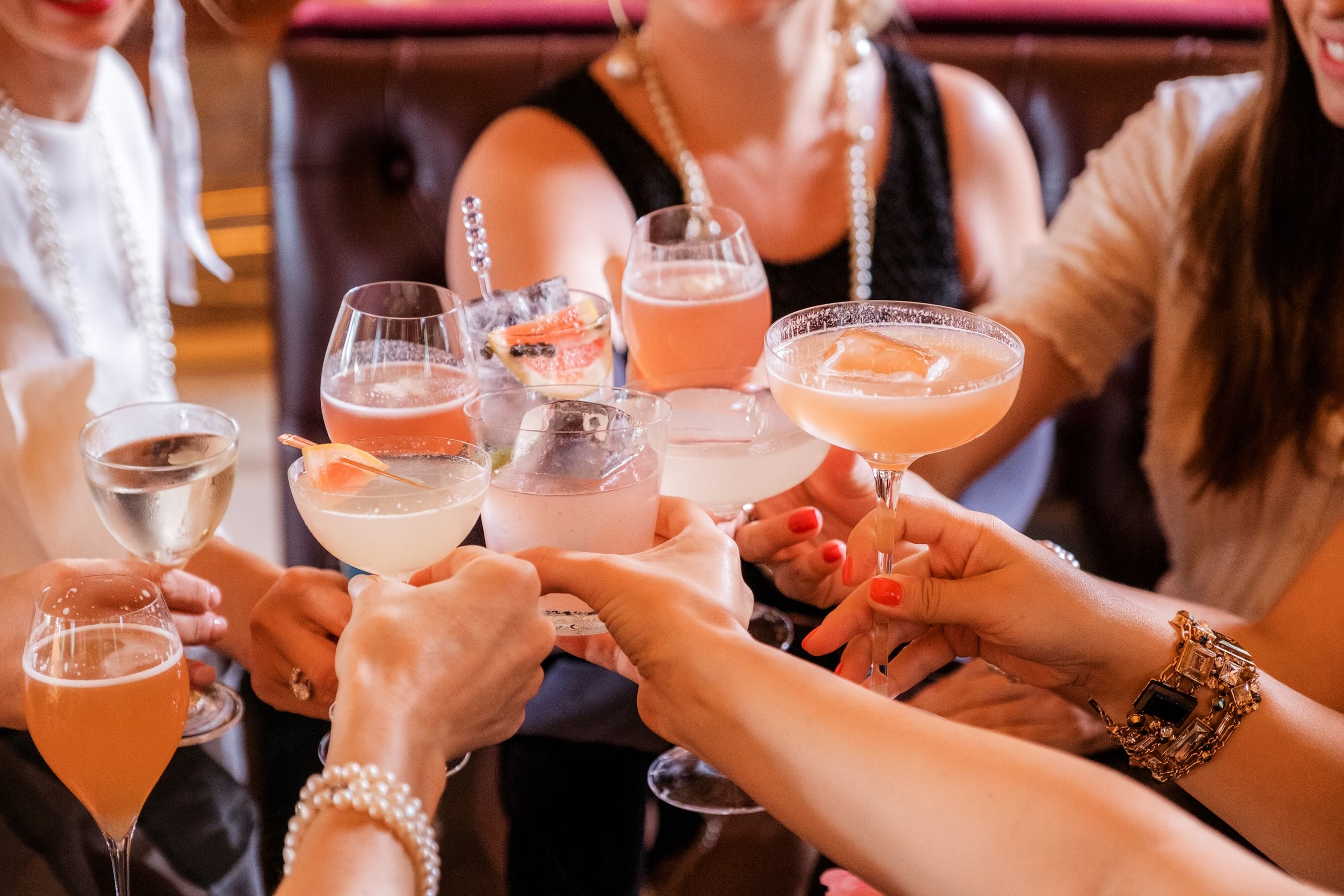
Boosting Profits with Alcohol-Free Options
Laura Willoughby | Club Soda
With more guests drinking less, venues lose out when they don’t cater to low/no-alcohol drinkers.
Key ideas we like:
- £800m is lost by not up-selling from tap water.
- Guests “zebra striping” by alternating alcoholic and non-alcoholic beverages.
- Offer equality of experience, regardless of alcohol choice.
- Use sparkling teas or low-alcohol-by-volume (ABV) cocktails to maintain the entire experience for Afternoon Tea offerings.
The main point from Laura and our takeaway is that non-alcoholic doesn’t mean boring. It’s about presence, options and the whole experience.

This year’s event made one thing clear: that hospitality is evolving from transactional to transformational. Whether it’s a restaurant or a five-star hotel, today’s most innovative brands are the ones that blend.
Key insights:
- Tech that vanishes into the background
- Experiences that feel authentic and emotional
- Storytelling that turns guests into advocates
- Sustainability as a given, not a bonus
As we look toward 2026 and beyond, the operators who succeed will be those who listen deeply, design intentionally and always remember: hospitality is for people.
Posted: 7 October 2025

